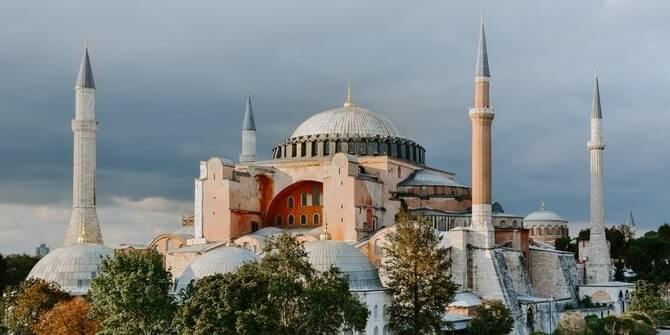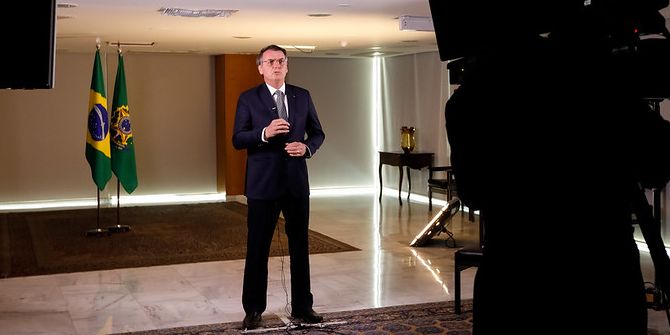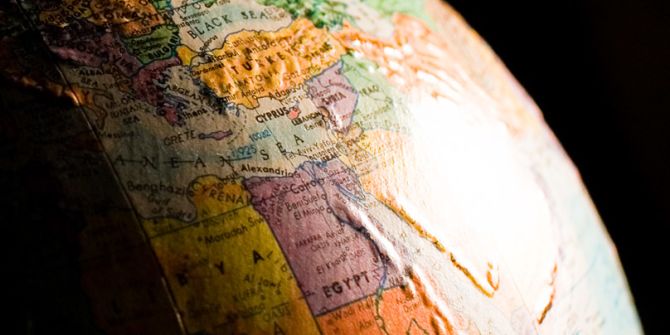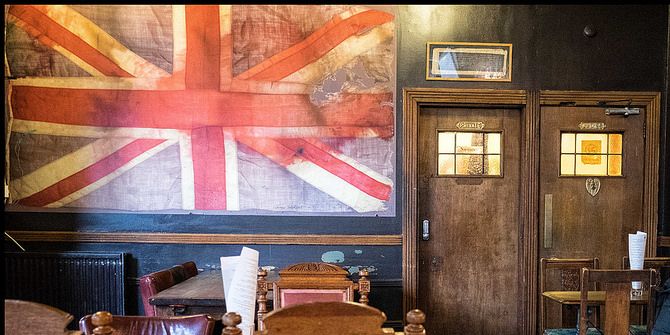The final week of Ramadan, coinciding with Israel’s Jerusalem Day and controversial court proceedings to evict Arab residents from a neighbourhood in East Jerusalem, has seen a dramatic escalation of violence across Israel and Gaza. RGS director, James Walters, reflects on the profound religious significance of the events that triggered this week’s tensions and advocates a more theologically literate way ahead for the peace process.
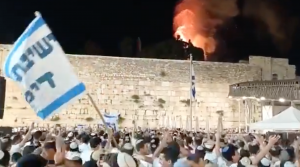
The image of young men chanting and dancing at the Western Wall on Monday night as smoke billowed from the Temple Mount above them conveys to anyone the level of division and acrimony that has simmered in Jerusalem for many decades. Yet the deeper significance of these events continues to be overlooked by the secular lens of Western media and political commentary.
The presence of religion in this conflict is obvious to all, but it is most commonly seen as some sort of foil to more easily interpreted political concerns. BBC coverage contrasts the religious significance of Jerusalem (cue RE textbook images of people prostrating themselves or lighting candles) with what they present as the real heart of the matter: the nationalist aspirations of both Palestinians and Israelis to achieve secure, coherent states. This reflects modern Western assumptions about religion as interior and inert, failing to appreciate that, in this city, the religious is inherently political and nationalist claims have themselves become increasingly theological.
Let’s consider what is precisely at stake in Monday night’s image.
The Temple Mount or Haram al-Sharif (Noble Sanctuary) that has seen violent clashes this week is the Ground Zero of the Abrahamic faiths; it is held to be Mount Moriah on which Abraham went to sacrifice his son Isaac. Indeed some traditions hold it to be the Ground Zero of creation itself, the location of the Garden of Eden. If Eden was the place where God “walked in the cool of the day”, the two great temples that occupied this site for the best part of a millennium were equally believed to house, within the Holy of Holies, God’s dwelling place on earth.
While Muslim versions of the Abraham story (in which the spared son is Ishmael) situate the event closer to Mecca, the Islamic significance of the mount – Muhammad is transported there on a mystical night journey – is not a competing claim (as UNESCO foolishly implied in 2016) but linked to Islam’s understanding of subsuming the Jewish and Christian revelations within itself. The Al-Aqsa mosque and the Dome of the Rock, built long after the second Temple’s destruction by the Romans in AD70 are only tangentially connected to a Palestinian state and its possible capital. More than that they are central to global Islam’s self-understanding and dignity.
For the young Jewish men celebrating as flames rose from a burning tree, their nationalism is linked to a recovery of the Jewish significance of this site (and not merely the one wall to which they currently have access). While all Orthodox Jews pray in their daily liturgies for the rebuilding of Jerusalem, the vast majority of Jewish people recognise the folly of the desire to build a third temple. Many believe it is a task to be left to divine, rather than human, initiative. Yet support for the Temple Institute that works to achieve just that has grown in recent years and provocative visits to the mount by its advocates have increased. Their cause has been dramatically bolstered by vast numbers of American Evangelicals who support highly questionable “dispensationalist” theologies in which the return of Jesus is predicated on the rebuilding of the Temple.
So what is playing out in Jerusalem is about a lot more than irreconcilable visions of nation building between Arabs and Israelis (as if that wasn’t difficult enough). It has cosmic theological resonances that transcend rational political interests and engage vast populations around the world. All of this points to the urgency of engaging better with the religious dimensions of the conflict. Theology is the invisible elephant in the room (not least theologies of land ownership and sovereignty) and politicians, diplomats and anyone seeking to further peace in the region will have to do more to understand it and the influence it has on all actors within and beyond the region.
Arising from this enhanced religious literacy, two steps could be taken. First, religious leaders need to be taken more seriously in brokering coexistence between Jews, Muslims and Christians. This needs to happen in Jerusalem itself, but better interfaith leadership is needed to shape the discussion of the Israel-Palestine conflict at national and community level (including university campuses) all around the world.
Second, freedom to practice religious faith needs to be taken as seriously in political negotiations as access to land and resources. Inevitably this will raise competing claims (freedom to build a third temple being the most extreme example), but establishing this principle would recognise the centrality of the religious concerns in current tensions and address the reality that previous peace processes failed because the underlying religious imaginations of both sides were never engaged.


